
support@yorubalibrary.com
+2348073529208, 07038599574

Yoruba cuisine is known for its rich flavors, diverse ingredients, and hearty dishes. Central to Yoruba meals are the various soups that accompany staple foods like pounded yam, amala, and fufu. These soups are not only delicious but also hold cultural and nutritional significance. Let's explore some of the most popular Yoruba soup varieties that have stood the test of time.
Egusi Soup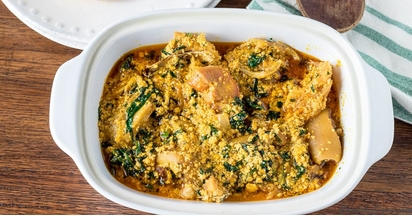
Egusi soup is one of the most beloved Yoruba soups. Made from ground melon seeds, it has a thick, hearty texture and a rich, nutty flavor. The soup is often cooked with vegetables like spinach or bitterleaf, assorted meats, and fish. Egusi soup is typically enjoyed with pounded yam, fufu, or eba.
Ewedu Soup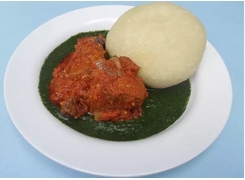
Ewedu soup is a simple yet nutritious dish made from jute leaves. It has a slimy texture and is often served alongside other soups like gbegiri or with stews. Ewedu soup is commonly eaten with amala, a type of food made from yam flour, and it's frequently accompanied by a protein-rich stew.
Gbegiri Soup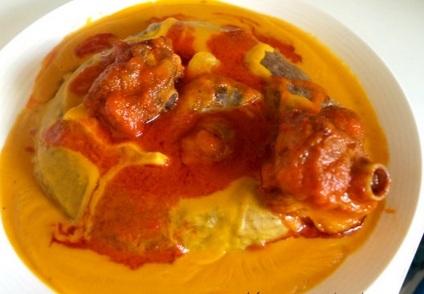
Gbegiri is a traditional Yoruba soup made from peeled beans. It has a smooth, creamy consistency and is usually bright yellow in color. Gbegiri soup is often served with ewedu and a tomato-based stew called obe ata, creating a delicious and balanced meal. It's typically enjoyed with amala.
Ila Alasepo (Okra Soup)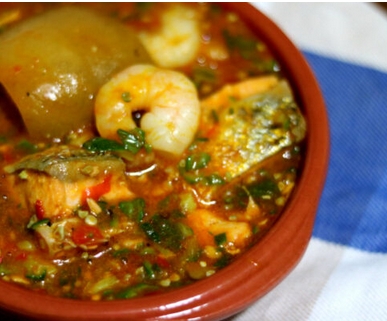
Ila Alasepo, or okra soup, is a favorite in Yoruba cuisine. The soup is made with chopped okra, which gives it a thick and slimy texture. It's usually cooked with a mix of meats, fish, and sometimes prawns. Ila Alasepo is versatile and can be enjoyed with various swallows like eba, pounded yam, or fufu.
Efo Riro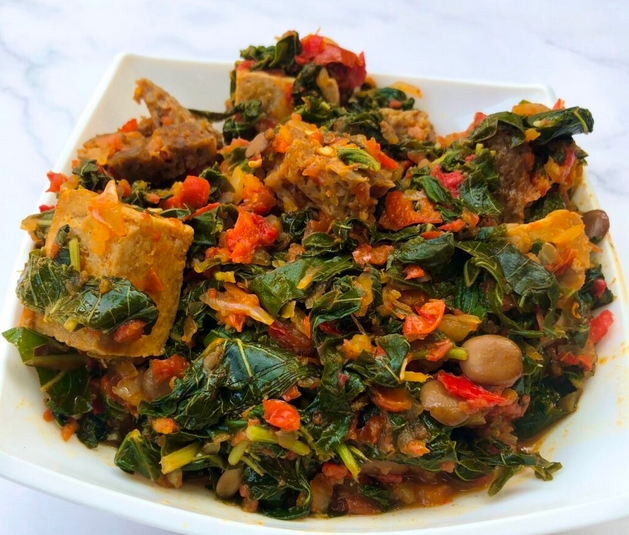
Efo Riro is a rich vegetable soup made with spinach or other green leafy vegetables. The soup is cooked with a blend of tomatoes, peppers, and onions, along with assorted meats and fish. Efo Riro is flavorful and nutritious, often enjoyed with rice or traditional swallows like pounded yam and eba.
Conclusion
Yoruba soups are a vital part of the region's culinary tradition, offering a variety of flavors, textures, and nutritional benefits. From the rich, nutty taste of egusi soup to the smooth, creamy texture of gbegiri, these soups provide a delicious complement to staple Yoruba foods. They reflect the creativity and resourcefulness of Yoruba cuisine, ensuring that every meal is a satisfying and culturally enriching experience.

Learn about the Yoruba concept of Ìwà Pẹ̀lẹ́ (good…

Learn special praises for Divine Being and Creator…